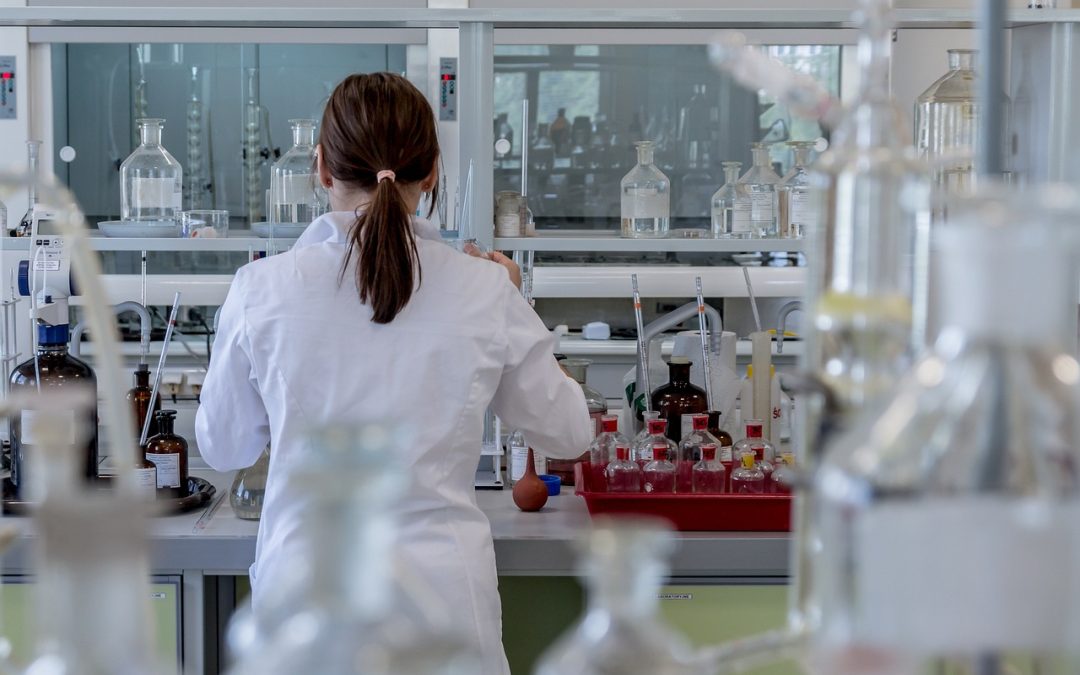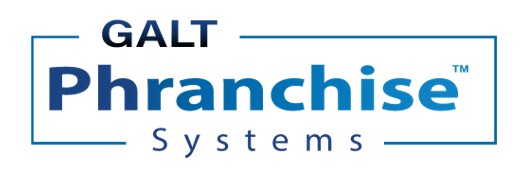abnormal ab· nor· mal (ab-ˈnȯr-məl)
: deviating from the normal or average
a person with abnormal [=exceptional] strength
abnormal powers of concentration
abnormal behavior
abnormal test results
Normal is not great, nor is it even good at times. Normal is descriptive of “the usual” and usual may be defined as that which occurs regularly. If regular occurrence is routine, then routine is the same as average. Thus, normal is average. Normal is not above average, nor is it below average; it is simply average. I seek abnormality.
Entrepreneurial efforts are engaged by people of all kinds. Most start endeavors to create positive change for themselves or others. However, those with normal effort simply create a job for themselves. They accept traditional processes as normal without knowing why. They have no idea why the usual approach came to be, they simply continue it. Oh no, I certainly don’t want to be normal.
I seek to create value by identifying and implementing greater efficiencies in the marketplace. If I simply replicated normal in the market I’ve chosen to compete, then I’d also merely be creating a job for myself. This is the path of most aspiring business titans as they repeat the things which have always been done. The classic rock band Steely Dan was onto something with their now famous line “the things that pass for knowledge I can’t understand” (Reeling in the Years; Fagan, Becker). If I can understand occurring conditions and how they developed into normally accepted models, then I may better facilitate effective change.
Bill Bowerman wasn’t normal. If he were, he would have used his waffle iron to make breakfast. However, he considered the form of rubber when molded by the iron as an inverted waffle. He believed the new form would create less surface area than traditionally normal soles. And in running, less surface area meant less time spent with the shoe touching the tract. As a result, Bowerman’s University of Oregon track team ran faster and won more track meets. The abnormal waffle soles also disrupted an entire industry by launching a shoe company we recognize today by a simple “swoosh”.
Sir James Black wasn’t normal. If he were, he would have been a chemist simply distilling hydrocarbons for testing on human disease. However, he approached drug discovery significantly different from normal. Instead of finding the disease a discovered chemical could impact, he worked “backwards” by selecting disease and then creating a compound for affect. As a result, Black changed the drug discovery process – and remains the only individual in history to invent not one, but two pharmacological drug classes; the first beta-blocker (propranolol) to treat hypertension and the first H-2 antagonist (cimetidine) to treat peptic ulcer disease. These abnormal results allowed millions of people to return towards health – as well as a knighthood and a Nobel Prize for Black.
Continuing business processes which repeat negative results is analogous to addiction. Addicts normally use their substance of choice to escape uncomfortableness. And community pharmacists often continue normal processes to escape the uncomfortableness of abnormality. While treatment strategies may be similar for any addiction, the tactics often vary. If processes can be used to change the course of addiction – then they may also be applied to change other inefficiencies for example, in business. Clinical algorithms which provide pathways to treat addiction are well known and define steps to recovery. However, what options remain if those steps are continually repeated and found lacking? Only two…to try harder (e.g. filling more prescriptions/day), or to change approaches (e.g. filling the right prescriptions/day). Better outcomes are not achieved through normal; better outcomes are achieved with what often may be considered abnormal.
Attempting to create a pharmaceutical company was my initiation into entrepreneurialism. After a progressively successful career in the industry, my thought was, “How difficult could it be?” I was a seasoned professional and knew the industry playbook inside out – heck, I even wrote a couple pages myself. Sticking to the comforts of my experiences became my addiction. An addiction to normal which became more entrenched even as I watched my first entrepreneurial ship go down. It took a few times, but learning to embrace the abnormal finally enabled me to experience entrepreneurial success.
What kept me from changing course? Why do people knowingly maintain declining prospects? Are we simply blind to alternative options ? Understanding these questions provide the path to changing normal. Just because something has always been done according to “standard operating procedures”, does not mean it is the most efficient process.
To say the practice of pharmacy has changed in the 30 years of my career is an understatement. However, independent pharmacy remains a staple of continuity in the community. Will this last? Today’s normal is a payor system seemingly rigged against the entrepreneurial minded pharmacists which practice independently. This is not sustainable.
We are told the lower dispensing fees, clawbacks and DIR expenses forced upon us create more efficient pharmaceutical care. More efficient for whom? The irony of a “middle-man” reaping financial windfalls at the expense of those actually delivering care (i.e., community pharmacists) is seemingly lost on those actually paying for the care (i.e., business/government). Irony is lost when it becomes normal. Thus, the only way for independents to survive requires the abnormal.
Galt Pharmaceuticals is built for the abnormal. Let us work together in assuring tomorrow on our terms rather than the diminishing returns offered by PBM’s as normalcy.
Author:

Chairman & Co-Founder at Galt Companies.


